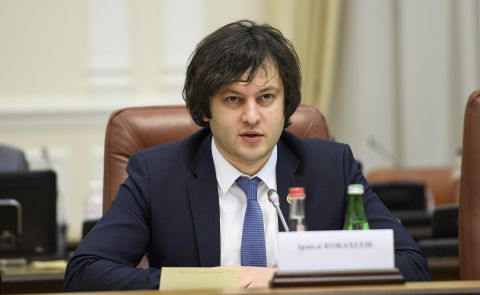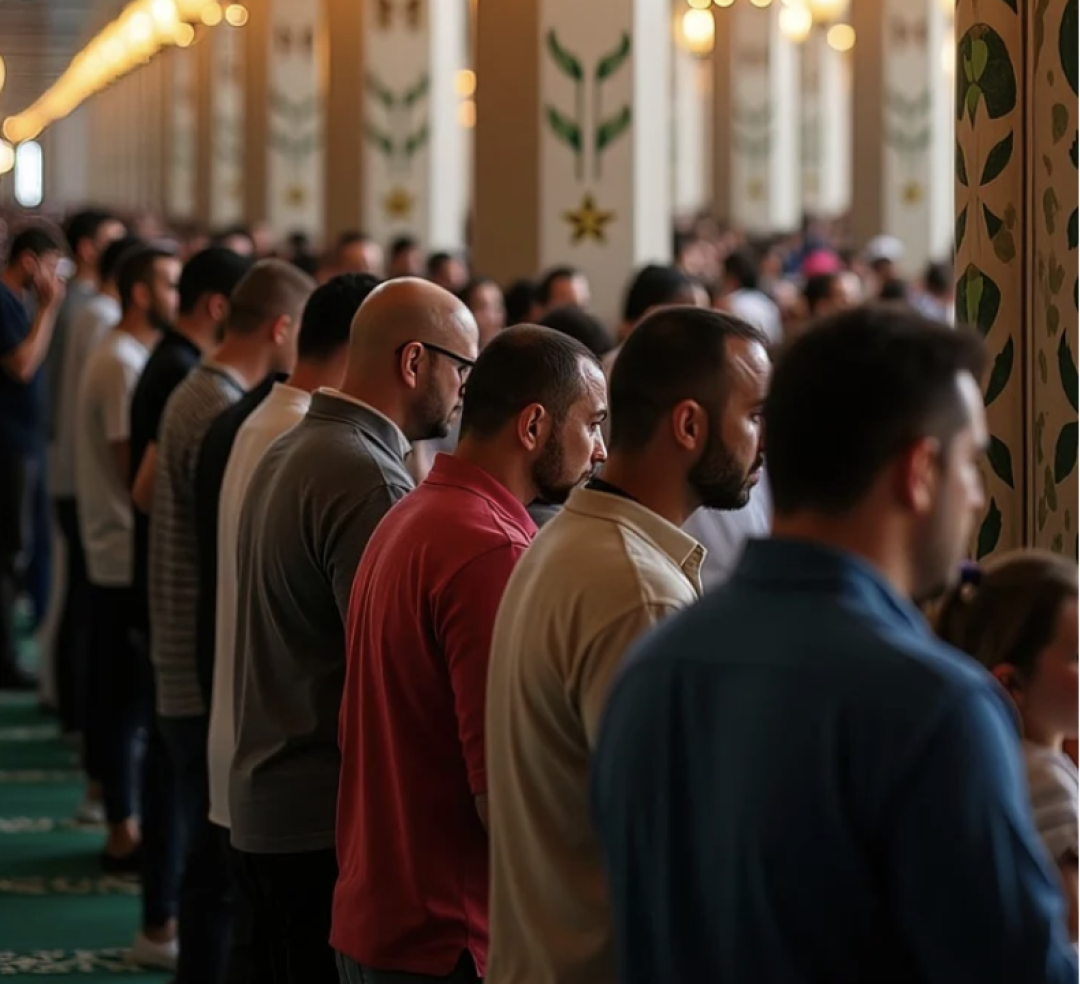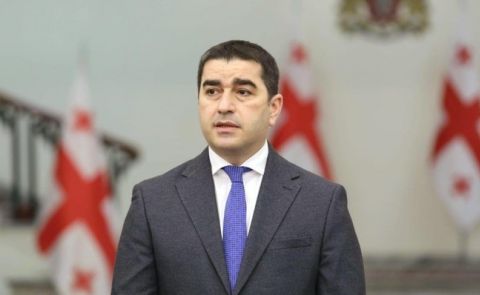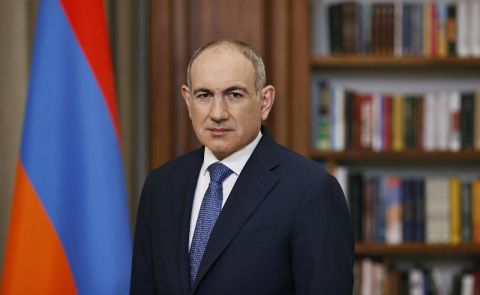
Dagestan, Chechnya, and Stavropol Address Rising Tensions Over Namaz Ban Letter

On April 18, the Ministry of National Policy and Religious Affairs of the Republic of Dagestan urged citizens to remain calm amid controversy over a circulated letter from the Andropovsky district of Stavropol Krai, which allegedly banned public namaz, sparking widespread concern and criticism, including from Ramzan Kadyrov, the head of Chechnya.
In its statement, the Ministry of National Policy and Religious Affairs of Dagestan referenced a scanned copy of a letter from the administration of the Andropovsky district of Stavropol Krai, widely shared on social media, which reportedly imposed a ban on performing namaz in public places. The ministry clarified that it had contacted officials in Stavropol Krai to verify the situation.
According to the Ministry of National Policy and Cossack Affairs of Stavropol Krai, the controversial letter was deemed incorrect and had been withdrawn. On April 17, the administration of the Andropovsky district held an extraordinary meeting of the advisory council on interethnic and interconfessional relations, with participation from representatives of all religious groups, national diasporas, and regional authorities.
Nina Bobrysheva, the Head of Andropovsky district, stated, “We respect the representatives of all peoples and faiths living in our territory. If mistakes are made, we are ready to acknowledge and promptly correct them.” She emphasized that the district regularly hosts events to promote interethnic harmony and mutual respect.
The Dagestan ministry acknowledged that the situation had raised concerns but called for a measured response, stating, “Isolated cases caused by misunderstanding or error should not become a source of tension between peoples.” The ministry urged citizens to remain calm, avoid provocations, and rely on official information sources. “Peace, harmony, and respect for one another are the foundation of stability in our multinational country. Let us together preserve this vital balance,” the statement emphasized.
Ramzan Kadyrov, the head of Chechnya, condemned the letter from the Andropovsky district’s administration, calling it discriminatory and unlawful. “This is not just bureaucratic paperwork—it is blatant discrimination and legal lawlessness,” Kadyrov stated on his Telegram channel. He stressed that “the 30 million Muslims in Russia are not guests or temporary neighbors but part of a great multinational nation,” noting that many, including Chechen units and fighters from other Muslim regions, currently serve on the frontlines and sacrifice for the country’s future.
Kadyrov criticized the authorities for fostering division, particularly in a region like Stavropol Krai, which is part of the North Caucasus Federal District and historically intertwined with Muslim-majority republics. “If the authorities do not want Muslims to perform namaz in the streets, they should promote the construction of mosques. But even this is not happening,” he emphasized. Kadyrov concluded that such actions “undermine interethnic trust and provoke discord” and called for decisive measures to halt initiatives that threaten the unity of Russia’s diverse population.
See Also


Kobakhidze Meets US Senator Daines to Discuss Bilateral Relations

Georgian Speaker Condemns Embassy Travel Warnings as Economic Attack

Political Crisis Deepens Between Armenian Government and Apostolic Church After Pashinyan’s Remarks

Ramzan Kadyrov Awards Title to Ingush Businessman

